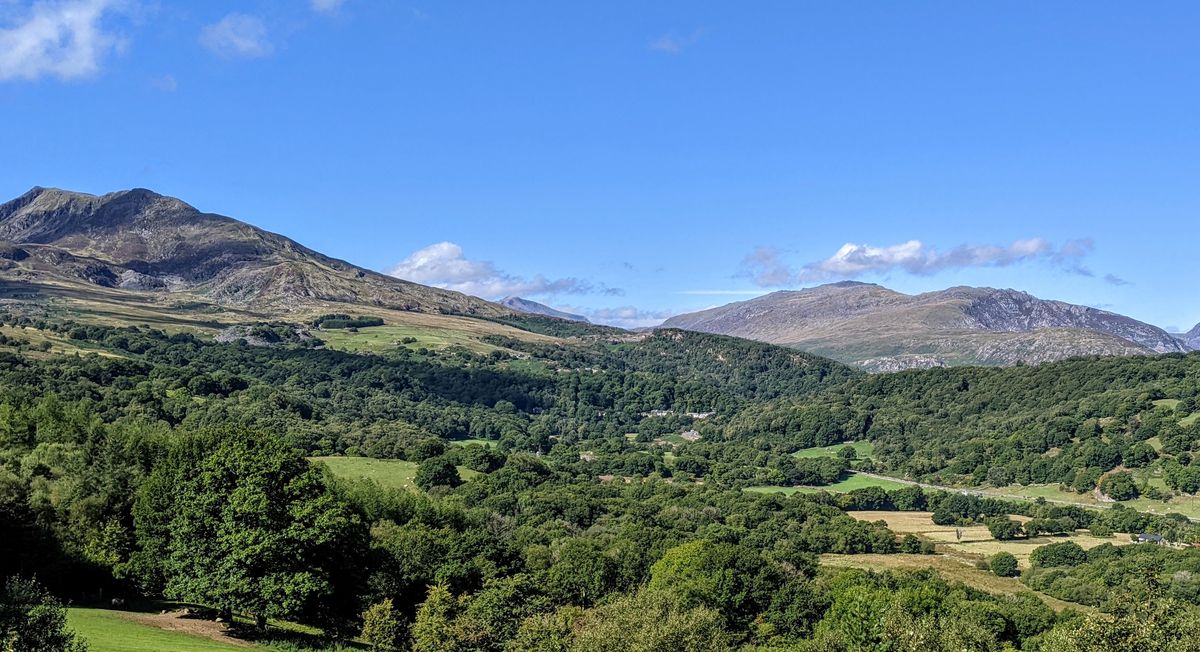Change with commitment & compassion
Commitment & compassion in agile product management and business analysis. It may be cheesy but it's true...

I know I'm good at what I do which includes interim product management and business analysis services and, importantly, it’s value-driven.
I strive for ‘change with commitment and compassion’.
That doesn’t mean I’m a 10x analyst or product rockstar. I’m not suited and booted though I may do that to get a seat somewhere and will create or find a different table too. I won’t loudly show up and call out what to do. I’ll be part of your team or lead and will deliver but won’t do that alone. I’ll also help create the right conditions and opportunities for others to craft the right questions and collectively form answers, actions and achievements.
That doesn’t mean slowness. It means rightness. It means sustainability (of sorts). It’s collective sensemaking and directly addresses some of the reasons people leave their organisations, get stuck or find themselves doing as little as possible at work.
What ‘change’ and why ‘change’?
The changes may be products, principles, people, policies, needs and values (as outcomes or internal principles to your organisation) and can be underpinned by:
- Creating new and lasting habits.
- Building formal or informal communities and connections and helping you not be the only one next time (IYKYK).
- Shifting the conditions to create space, time and opportunity for more joy and safety. That may include changing how or who makes decisions.
- Bringing about positive organisational shifts whilst acknowledging that people, systems and processes may not always be aligned to that.
Why ‘commitment'?
I’ll remind you that 'doing nothing is a choice. It’s not nothing’.
- It’s persistence and tenacity - not shying away from difficulty.
- It’s calling attention to things and not ignoring or brushing away hard questions or challenges. That may include helping you identify and call out bias.
- It’s both words and actions - saying what or why you’re doing something and then doing it.
- It’s bringing any mess into the open and having trust in a critical and kind eye to bring clarity and shape options.
Why 'compassion'?
You could say this is the hippy vegan in me (it is partly) but it’s recognising that listening to and encouraging people means they're more likely to share ideas and insights and respond positively to actions and suggestions from others. It’s:
- Focusing with, and on, people and helping them create models (not always processes) which don’t rely on individuals' resilience or command-control.
- Recognising that being well means we can respond more positively to risks and uncertainty (‘cos that’s never going to go away).
- Awareness that people in your organisation may have compassion fatigue - especially after the last few years - and some will (wrongly and understandably) feel obliged to continue. That may include supporting the self-awareness of everyone - sharing vulnerabilities and strengths.
- Gratitude for the time, efforts and decisions people have provided and will continue to provide - especially for the often unrecognised glue work between teams, silos, customers and stakeholders.
My other set of drivers is be open with warmth and wit.